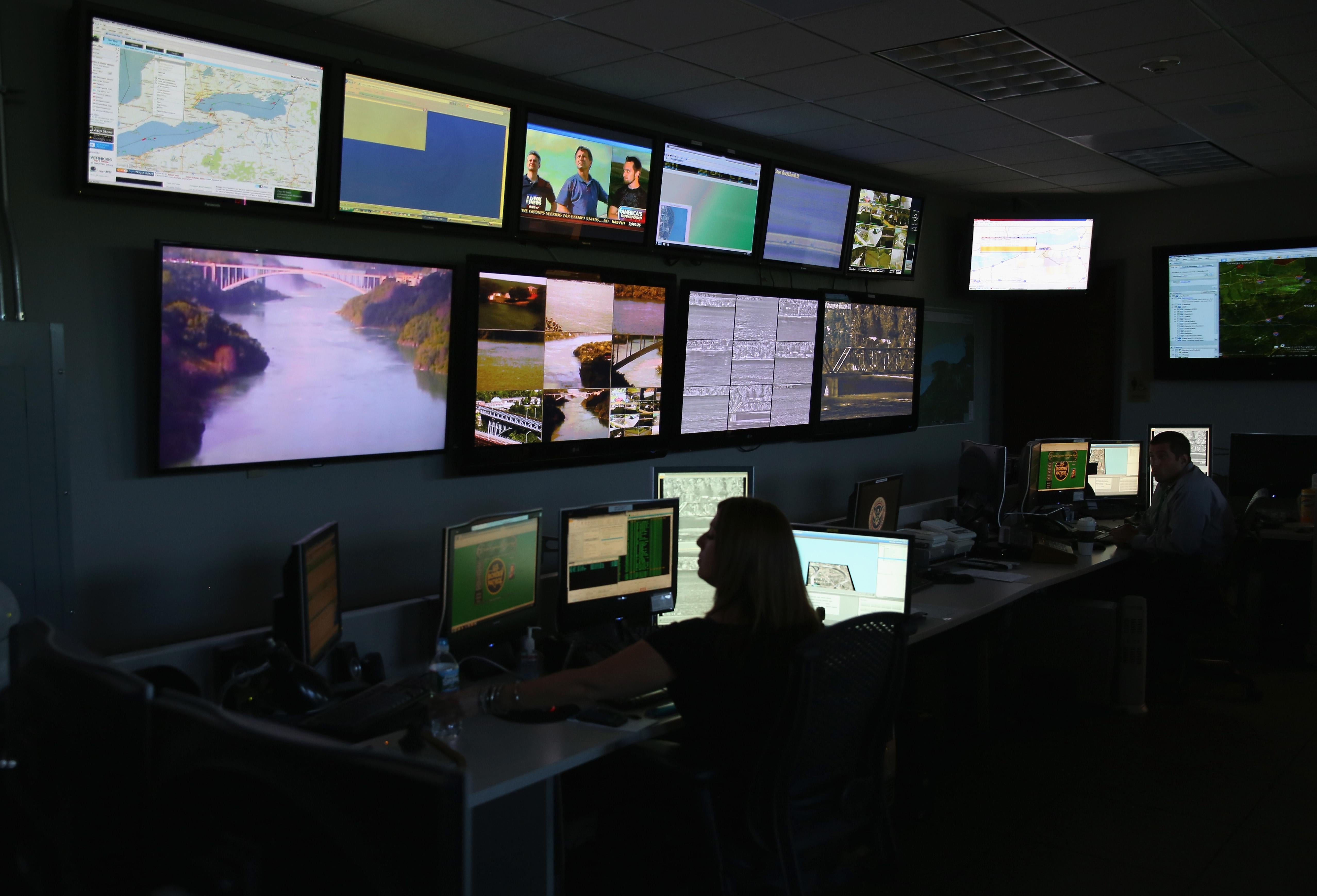From the FBI’s desire to wiretap Gmail to the U.S. government’s monitoring of journalists, government surveillance has attracted much attention in recent months. Now, a U.N. special envoy is calling for urgent action to tackle the untrammeled rise of mass-surveillance technologies.
In an unprecedented report published Tuesday, U.N. special envoy on free expression Frank La Rue outlines a series of major concerns about proliferation of new surveillance tools designed to infiltrate computers and in some cases “track and record Internet and telephone communications on a national scale.” La Rue warns that increasingly advanced spy technologies are being developed at the same time as they are becoming cheaper. As a result, “the state now has a greater capability to conduct simultaneous, invasive, targeted and broad-scale surveillance than ever before,” he says, adding:
Modern surveillance technologies and arrangements that enable states to intrude into an individual’s private life threaten to blur the divide between the private and the public spheres. They facilitate invasive and arbitrary monitoring of individuals, who may not be able to even know they have been subjected to such surveillance, let alone challenge it. Technological advancements mean that the state’s effectiveness in conducting surveillance is no longer limited by scale or duration.
In a blog post on Tuesday, the rights group Privacy International heralded the report as a “landmark” piece of work. “The report marks the first time the U.N. has emphasised the centrality of the right to privacy to democratic principles and the free flow of speech and ideas,” it said. “[It] breaks a tradition long-held by U.N. human rights mechanisms to remain relatively silent on state surveillance.”
La Rue says that governments must take action “to prevent the commercialization of surveillance technologies,” and he criticizes companies that have developed technologies that enable mass surveillance and violate the right to privacy, which is enshrined in the Universal Declaration of Human Rights. He says the interception of communications may be justified to catch criminals but national laws regulating communications surveillance are often “inadequate or nonexistent.” La Rue seems particularly alarmed by the advent of mass-surveillance systems that sweep up huge troves of communications and government Trojans that can infiltrate computers and steal data and log communications. “From a human rights perspective, the use of such technologies is extremely disturbing,” he says.
Since 9/11, the surveillance technology trade has become a booming industry reportedly worth about $5 billion a year, with companies raking in huge profits selling spy tools to governments across the world. Companies such as New York–based Verint boast that they sell so-called “monitoring centers” to authorities worldwide, enabling the interception of “billions of communications.” Others, like England’s Gamma Group, sell Trojan spyware to law enforcement agencies that are used to infiltrate computers and smartphones. Gamma’s spy servers have turned up in at least 36 countries, according to researchers. At the same time, governments across the world have been pushing for more Internet monitoring powers, and legal challenges to government surveillance have failed.
La Rue says that this trend needs to be reversed. He concludes that governments should update their laws to “ensure that individuals’ human rights are respected and protected” and stipulates that forcing companies to retain data on users for surveillance purposes should be banned. Eavesdropping, he says, should “only occur under the most exceptional circumstances.” Surveillance must always be overseen by an independent authority, such as a court, he adds, and governments must be “completely transparent” about their communications surveillance techniques and powers.
It seems unlikely that La Rue’s sweeping recommendations will be directly adopted into any government’s policy framework any time soon, as they are not mandatory and serve mainly to advise U.N. member states. But his 23-page report is certainly an important contribution to the debate about surveillance that could influence future regulations in a number of countries.
